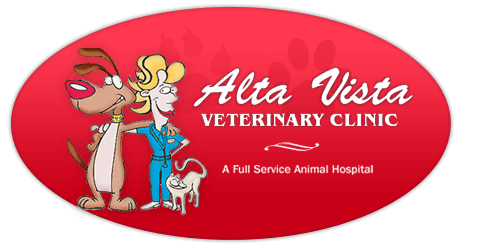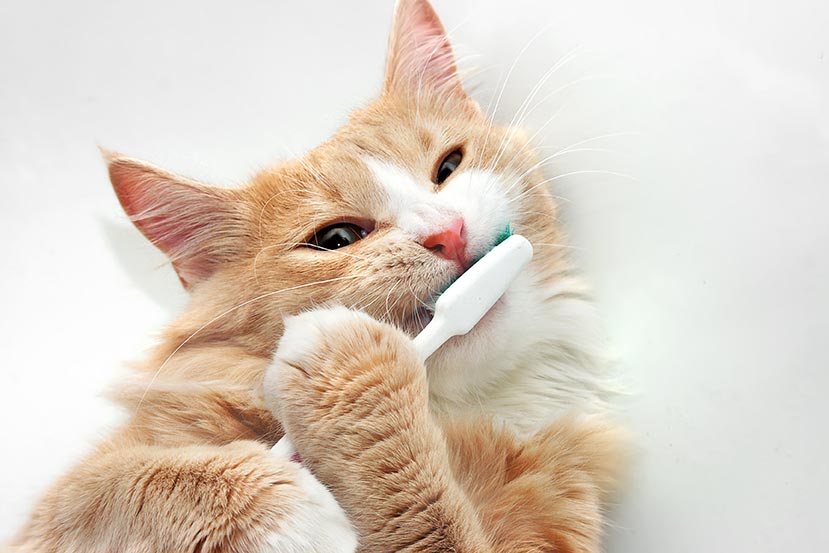What You Should Know About Your Cat's Oral Health
Admin • November 6, 2018
As a cat owner, you may assume that your cat will take care of their own hygiene. After all, cats are highly independent, keeping themselves groomed and otherwise maintaining themselves.
However, in spite of their seeming independence, cats do need your help in maintaining certain aspects of their health. One such health aspect that you may need to intervene in is their dental and oral health.
Get to know some of the facts about oral health care in cats as well as the steps that you should take to maintain their oral health. Then you will know how to help keep your cat's mouth as healthy as possible going forward.
Cats Can Suffer the Same Oral Health Issues as Humans
One of the facts that most pet owners do not know is that cats can suffer many of the same oral health issues as humans. Cat teeth can develop tartar and plaque buildup. This buildup can, in turn, lead to cavities, dental rot, periodontal (gum) disease, and other health issues like heart and kidney problems.
Just like with people, preventive care is easier to provide for these conditions than treatment once they have developed. This is the primary reason that oral health care for your cat is so vital.
Your Cat's Food Matters
One of the ways that you can go about caring for your cat's teeth and oral health is by carefully selecting their food. Certain foods are specifically formulated for oral and dental care. These foods are often high in protein and low in grains and carbohydrates.
Many people prefer dry food for their cats because it is easier to manage. However, many veterinarians recommend a combination of dry and soft (or moist) foods for cats when you are concerned about their oral health. Try grain-free foods or extremely low-grain options, and also look into freeze-dried and raw-food diets which can be beneficial to your cat's oral health.
Cat treats can also be formulated to help with dental health issues. Look for the type of treats that actually rub against or massage the teeth and gums while they are being consumed. These will help to clean the teeth and improve your cat's overall oral health.
Teeth Brushing Is Important
While you may not think that cats need their teeth brushed regularly, the reality is that brushing their teeth daily is by far the best way to preserve your cat's oral health and prevent dental issues. You may think that your cat will never submit to toothbrushing, and in some cases, this may be accurate.
However, many cats will get used to the toothbrushing process if you introduce it gradually. Start by letting them sniff and lick the cat toothpaste from your finger. Do this for a few days. Then put the toothpaste on a cat toothbrush and let them try that.
Once they are used to the toothbrush and the toothpaste, you can start to gently massage your cat's teeth and gums with the toothbrush. And with this step, you are officially brushing your cat's teeth. Though you may not be able to do so every day, strive to brush your cat's teeth as close to daily as possible.
Veterinary Dental Care Is Available
When you take your cat in for their annual checkup and vaccinations, ask your veterinarian to do a dental exam. Annual dental exams for cats can help to determine the health of their teeth and gums, addressing any problems as early as possible.
If your veterinarian notices anything amiss with your cat's gums and teeth, they can order x-rays and can even schedule them for a full dental cleaning. The dental cleaning would have to be a separate appointment, however, because veterinarians use anesthesia to sedate cats, allowing them better continuous access to their teeth.
Knowing these facts about oral healthcare in your cat, you should start providing your cat with dental car. Call your veterinarian
and schedule their annual appointment as soon as possible.









